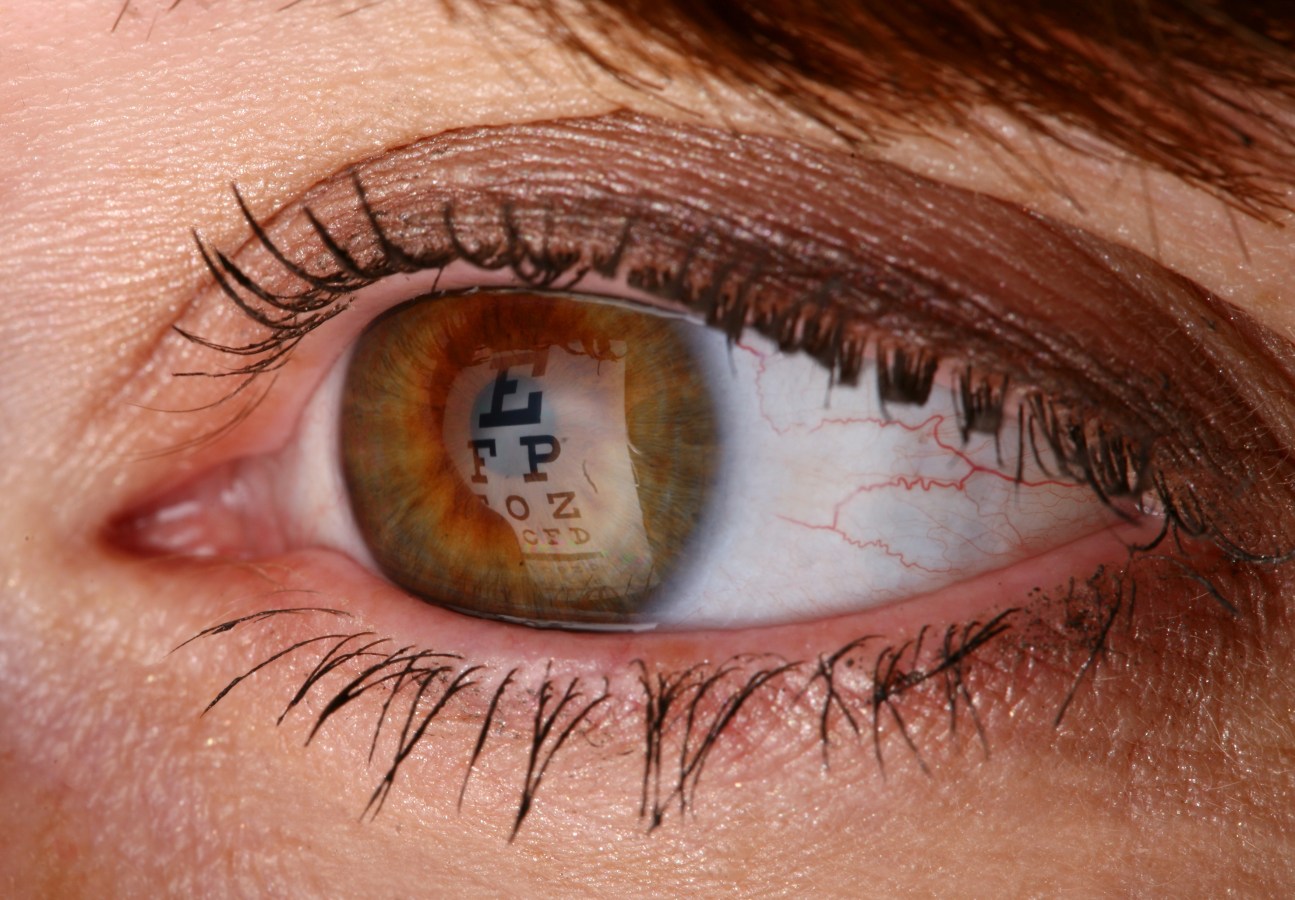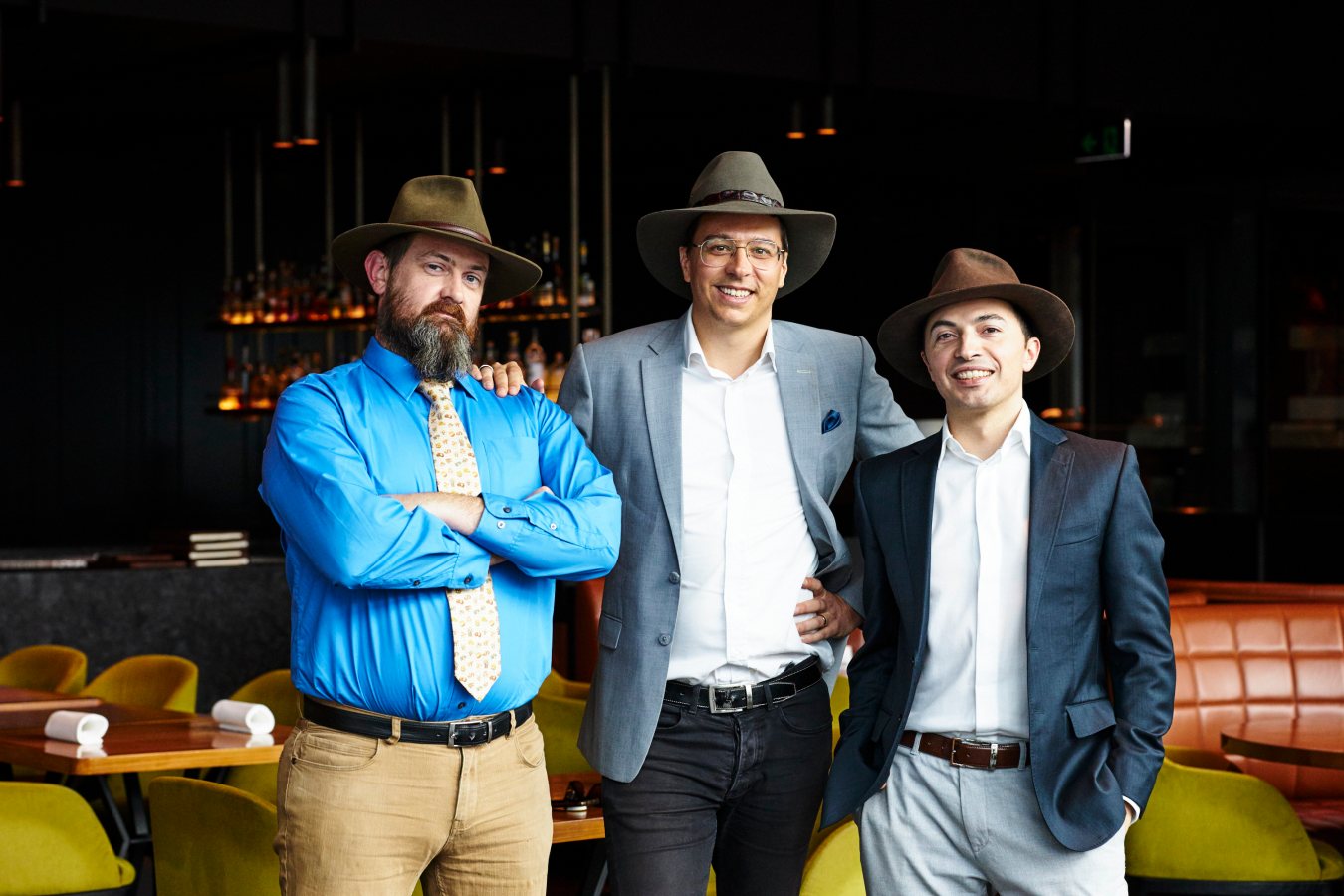Nick Mathers oversees 1700 staff across his 12 U.S. restaurants. There will be six more venues in 2024. Mathers tells Forbes Australia that his company is on track to bring in $120m this year. By 2026, it will be $200m. Then, maybe an IPO.
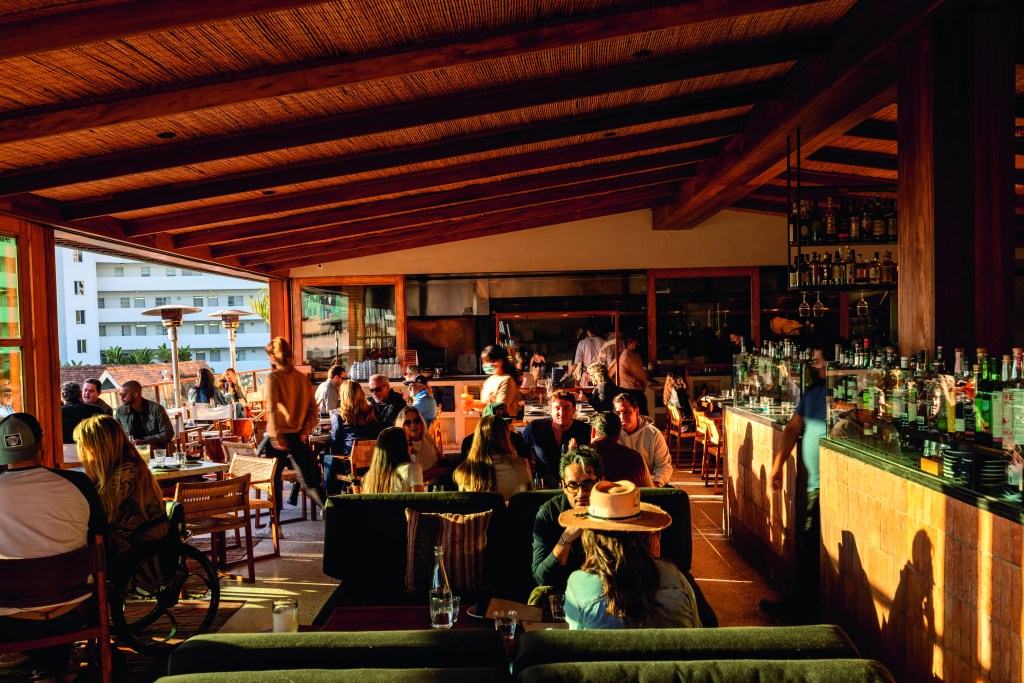
Nick Mathers’ entry into architecture and interior design happened in the coastal Pacific Palms enclave of New South Wales. The charismatic, scruffy-haired beach boy was in his early 20s when he bought a vacant block of lakeside land near Blueys Beach – equidistant between Newcastle and Port Macquarie.
Mathers used money his parents had put away for him from his childhood modelling jobs to purchase the land and apprenticed to the builder to save money on building a house on the block. By 24, Mathers had sold the house, giving him enough cash to take his first bite out of the Big Apple.
Now, the homegrown ‘surfer dude’ oversees an emporium of restaurants and bars that are the toast of America. Exporting Australia’s unique, relaxed beachside vibe to hard-charging Americans has worked out nicely for the boy from Sydney’s North Shore.
I always find a version of Australia wherever I live in America.
Nick Mathers
“Our culture is approachable and friendly and of the moment,” says Mathers. He credits the spontaneity and playfulness of the Australian lifestyle as being part of the special sauce that has made his company, Wish You Were Here, a success.
Landing in NYC in the months post-911 with a pocket full of cash from the sale of the Blueys Beach house, Mathers says Manhattan was a shadow of its former self. New Yorkers had evacuated on-mass, and ‘For Rent’ signs were on buildings everywhere. Inspired by his Australian palate and the tenacity and embrace of the locals, Mathers signed a lease on Mulberry Street in Soho.
“We were like, there’s no good coffee. Let’s do a coffee shop,” says Mathers. “And we found Nolita (North Of Little Italy), which reminded me of Paddington.”
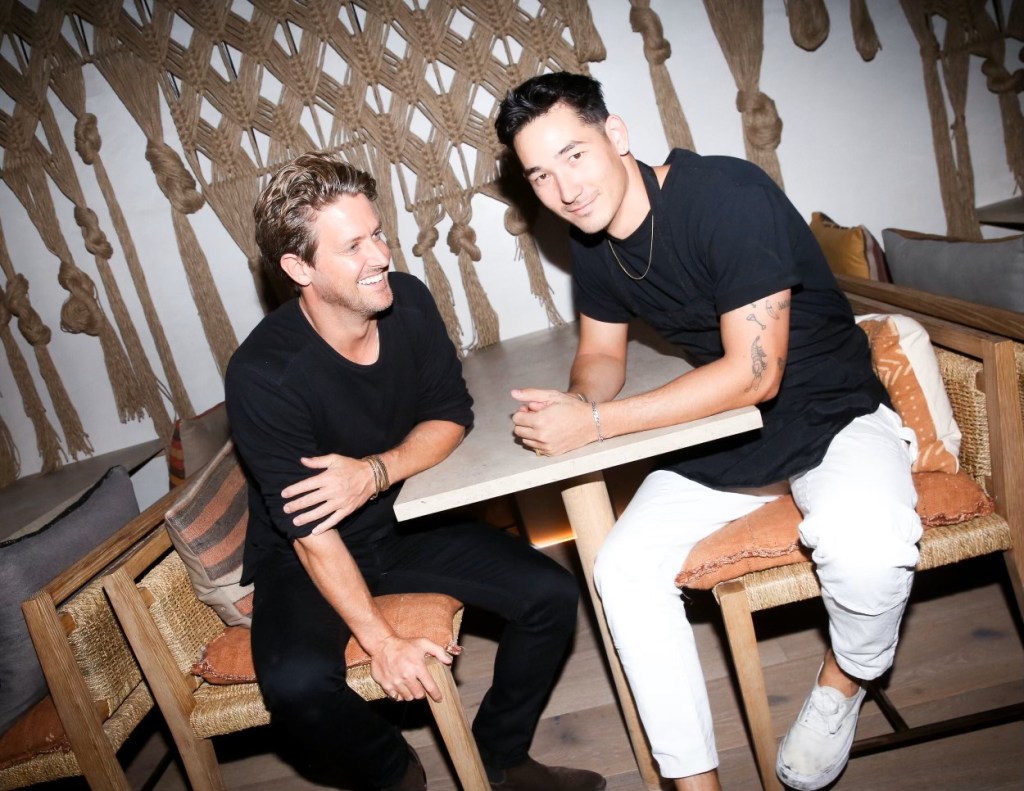
Having sorted out the location, Mathers turned to the cuisine of his youth to plan the menu.
“In Sydney’s Darlinghurst, there were little coffee shops that just had the espresso machine and the guy standing making you a sandwich and a coffee,” says Mathers. “I thought, let’s do coffees and paninis.”
With that, the legendary Ruby’s in Manhattan’s Nolita was born.
“We were young guys, and we used to throw these parties. Everyone would come to this little hole in the wall, spill out onto the street,” says Mathers of the early days of Ruby’s in post-911 Manhattan. “There was something special about going there then because the New Yorkers felt you supported them. The city took us in with open arms.”
In the spirit of simplicity, on the menu at Ruby’s were three things: good vibes, great coffee, and a tasty panini. The imported appeal was not lost on the locals. There were lines around the block.
Executives from Ralph Lauren, who lived on Mulberry Street, recruited Mathers to infuse the same vibrancy into a restaurant in Washington DC. Ralph Lauren wanted to tap into a vibrant, youthful demographic by launching a younger-skewing label called ‘Rugby.’ Ruby’s in Soho was the proof of concept for a restaurant embodying the brand ethos, and Mathers was just the guy for the job.
“We had no idea what we were doing,” Mathers grins, reflecting on his time in the US capital. “We went from running a shoebox to running a proper restaurant connected to the Ralph Lauren store.”
The DC venue was a hit. “I think people came mostly just to see what everyone was talking about,” says Mathers. “Seeing some Australian surfer guys running a restaurant was an anomaly.”
The intersection of fashion, food and fun worked a treat. A Michelin-listed restaurant in the West Village followed, as did pop-ups and events partnering with LVMH and Hugo Boss in Manhattan’s summer playground, the Hamptons.
“I think we were so unique that we became a phenomenon,” says Mathers.
An expanded Ruby’s in Nolita is still going strong. Mathers’ LA’s smash-hit Elephante is a honey-hued celebrity enclave overlooking Santa Monica beach that is now replicated in three other US cities. Belles Beach House in Venice, California, opened last year, and Kassi Club in West Hollywood three years before that. There are currently 1700 staff across Wish You Were Here’s 12 US restaurants. Mathers says the company will turn over US$100 million this year.
Seeing some Australian surfer guys running a restaurant was an anomaly.
Nick Mathers
Six more locations open their doors in 2024. Mathers projects the company will generate US$120 million in revenue next year, with additions in Arizona, Laguna Beach, Dallas, and Las Vegas, as well as two new outposts in New York and Venice, California. By 2026, the goal is to crack the US$200 million mark. An IPO is then a possibility, Mathers confirms.
“Goldman Sachs has been very involved with what we do and has been very helpful,” Mathers says.
An IPO is a strong incentive for company stakeholders and staff and enables Mathers to recruit chefs and restaurant talent at the top of their game.
“It motivates my team, which is important. Because for me, I’m already pretty happy,” says Mathers. “But you need to get good staff. They need to know the five-year plan, what the goal is, what they’re going to get and what they’re working on.”
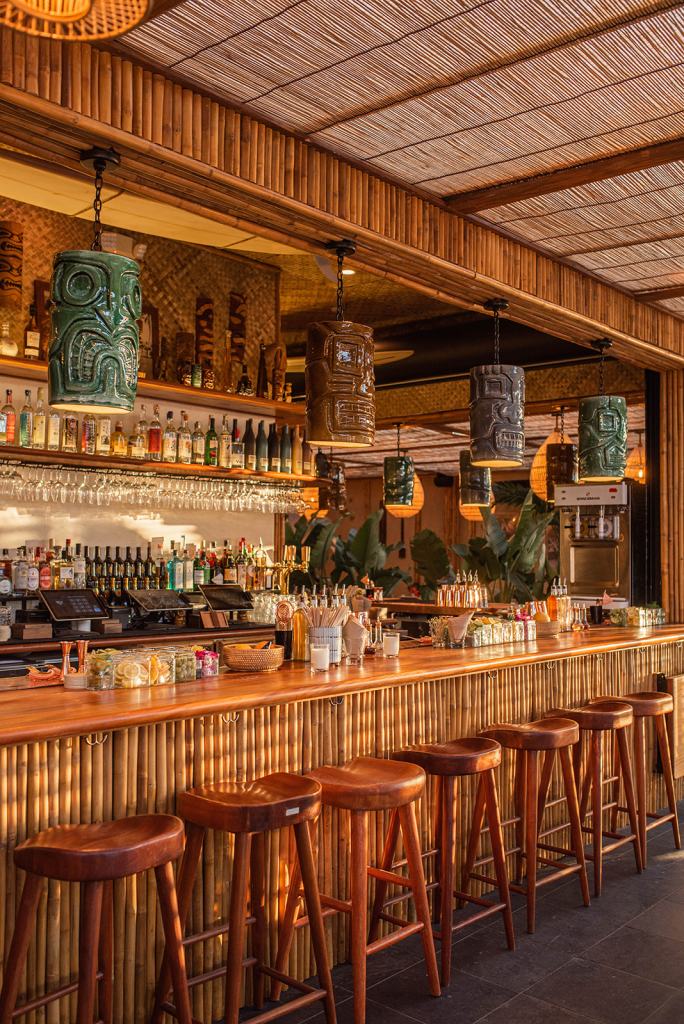
The post-pandemic boom has been good for the hospitality business, Mathers says. He waited out COVID-19 in California, and the company became a leaner organisation. The break provided perspective on what to achieve next. It also provided time for reflection on what it has taken to get ‘Wish You Were Here’ to the level it is now. Mathers says ambition necessitated resilience and sacrifice.
“I spent many Christmases in winter, by myself, getting calls from home, and they are at all the beach and with the family,” he says. “There was a lot of hard work – there was also a lot of fun.”
His success tapping into US popular culture helped Mathers recruit Australians into the NY and LA hospitality games.
“Australians are pretty good at reading people. We love a chat and can find a place within any conversation and person to relate to. But also knowing when to be professional and when to walk away.”
Walking away from his US-adopted country and returning to his native one, Mathers says, is not on the cards right now, but “Never say never”.
“In four years, we will be a very different business because the restaurants we’re opening next are much bigger,” says Mathers. And that paves the way to open a substantial-sized establishment in the homeland in the future.
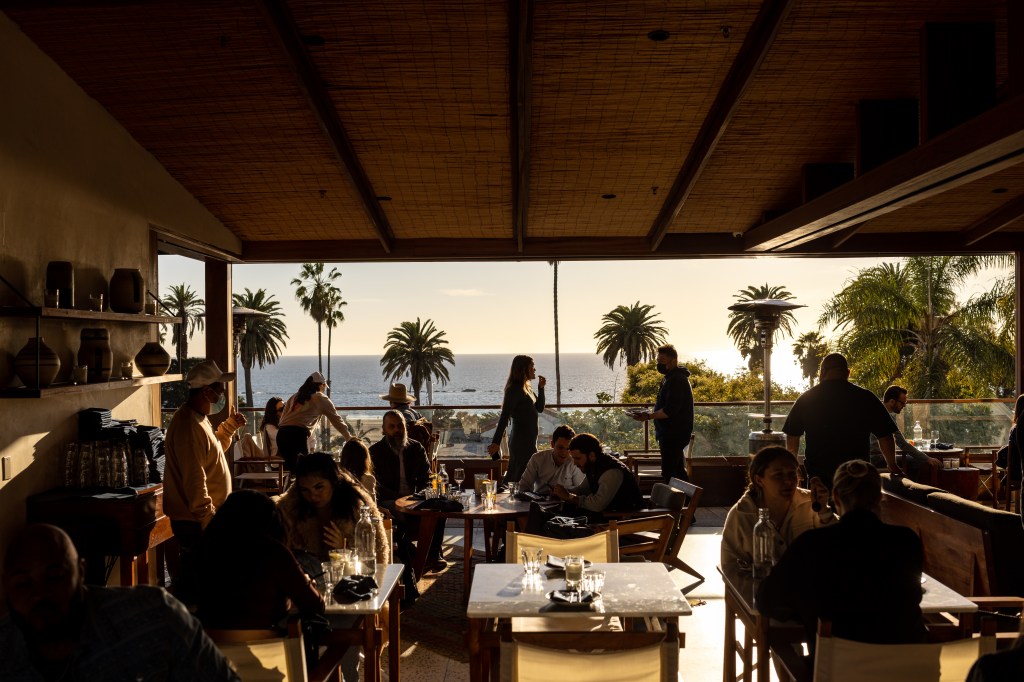
“It would be really fun to go back and find something iconic, maybe on Bondi or near the Rocks, or something.”
In the meantime, Mathers has his sights set on cementing the brand in patrons’ minds and finding other opportunities to connect with those who appreciate the company’s ethos.
“What I want to achieve is to build an amazing brand that I can do homeware, or build hotels, and have my brand on it,” says Mathers. Expanding outside of restaurants into other hospitality categories is a priority. He looks to the brands like international hotel groups Six Senses and Aman as inspiration.
Mathers says his heart is still with the country that raised him. He and his Argentinian-born wife now have two young kids. He says he would love to see them attend high school in Australia and lap up the culture in their youth like he did.
For now, though, the surfie with the still scruffy hair and infectious smile finds a sense of home between the Colorado mountains and the Pacific Ocean waves in Point Dume, Malibu.
“I always find a version of Australia wherever I live in America,” he says. The reverse can be said of the venues Mathers creates. They are little pieces of beloved Australia in America.
Look back on the week that was with hand-picked articles from Australia and around the world. Sign up to the Forbes Australia newsletter here.
